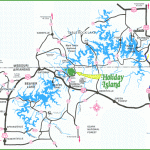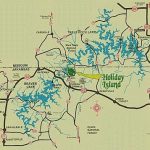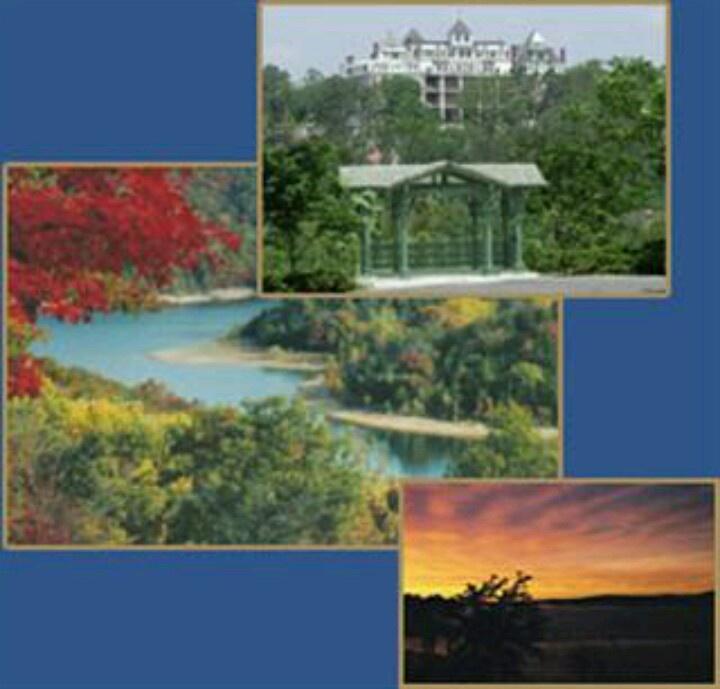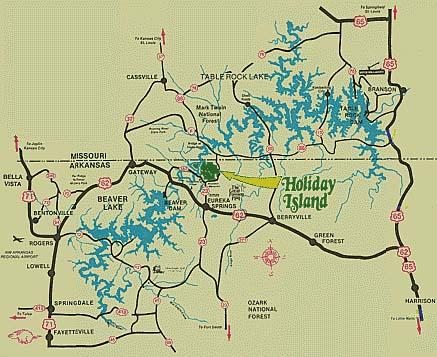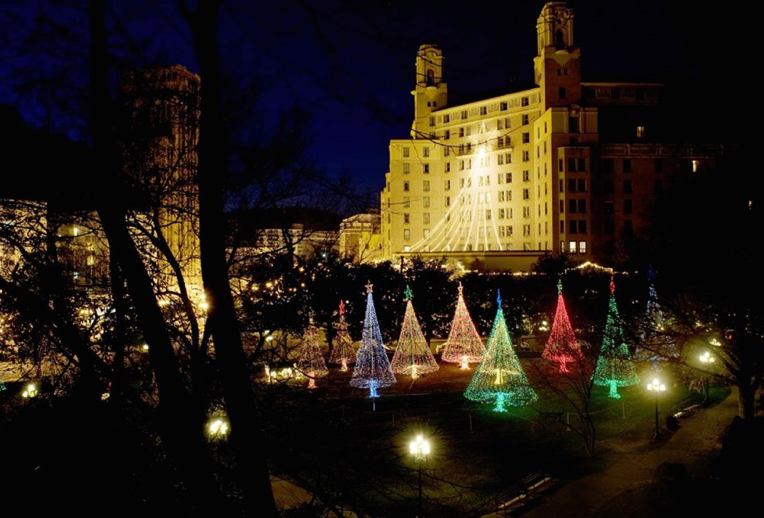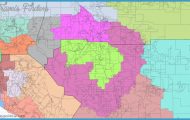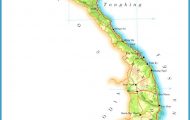Latinos in Today’s Arkansas
Although the Latino population remains concentrated in Little Rock, northwest Arkansas, and poultry-producing areas in Arkansas, by the early 2000s, the Latino presence was felt throughout much of the state. Latinos now work in the service economies, light industry, agriculture, landscaping, construction, government, and many other sectors of the economy. Although the Latino population remains relatively poor, there is a well-established middle-class in certain areas of the state, many of whom own independent businesses, are business executives, or occupy important positions within state and local governments. Many of these have begun sending their children to college. Indeed, if the 1990s saw Latinos preoccupied with the nuts and bolts of settlement in Arkansas, the current decade has been characterized by diversity, increased assertiveness, and better organization. The Latino population has moved well beyond poultry. Economically, they are vital to many sectors and present virtually everywhere. Culturally, they are visible not only in the form of Mexican restaurants and Cinco de Mayo celebrations, but also fundamental to cultural life within the state. Politically, they are not only a constituency that is pursued by political parties, but also one that has formed its own advocacy organizationssuch as LULACin many parts of the state.
Arkansas Notable latinos
Garcia, Joe (c. 1925-). A native of south Texas, Joe Garcia spent the 1940s as a migrant worker in Arkansas and the upper Midwest. In 1945 he came to Parkin, Arkansas, where farmer E.D. McKnight contracted him to recruit and oversee Mexican bracero workers. For nearly 20 years, Garcia went to Texas to recruit crews of 20-25 workers to Parkin. Once these workers arrived, Garcia served as an interpreter and intermediary between McKnight and the workers. Choosing to settle in Arkansas with his wife, Garcia was unique among the tens of thousands of Mexicans and Mexican Americans who came through Arkansas on a seasonal basis between the 1940s and 1960s. In fact, in 2000, Garcia proclaimed himself the only Mexican in Parkin, Arkansas. Garcia went on to serve on Parkin’s City Council.
Lopez, Al Papa Rap (1955-). Since moving to Arkansas in 1994, Al Papa Rap Lopez has used music to help people from different cultures find common ground in communication, education, health issues, and more. He has been northwest Arkansas’s most prominent and effective cultural broker, helping North Americans and Latinos understand each other. In addition to his radio show, What’s Up, Que Pasa? on Spanish radio’s La Zeta station, he also writes a weekly column, Papa Reporte, which appears in several Spanish-language newspapers in Arkansas.
Trevino, Robert P. (1958-). Trevino arrived in Arkansas in 1990 and served as the economic development, diplomatic, and Hispanic affairs advisor to former governor Mike Huckabee. He has also served as the commissioner of Arkansas rehabilitation services under governors Huckabee and Beebe. As former director of LULAC, Trevino led the successful effort to bring the 2005 LULAC national convention to Little Rock, helped establish the largest Hispanic student scholarship fund in state’s history, and helped create the state’s first and largest Cinco de Mayo festival.
Solorzano, Margarita (1959-). Born in Mexico, Solorzano moved to the United States in 1990 and began living in Arkansas in 1996. In 2002, Solorzano, a founding member of the Hispanic Women’s Organization of Arkansas, received recognition from the National Campaign for Tolerance, honoring those who are leading the way towards a more tolerant and just America. In 2006 she received the Civil Rights Leadership Award from the Arkansas Citizens First Congress.
Restrepo, Luis Fernando (1962-). A dual citizen of Colombia and the United States, Restrepo was born in Washington, DC, to Colombian parents and grew up in Medellin, Colombia. Restrepo arrived in Fayetteville in 1995 to join the University of Arkansas, where he is a professor of Latin American literature and directs the Comparative Literature and Cultural Studies program.
Avila-Peters, Maria Elena de (1965-). Born in Mexico, Maria Elena de Avila-Peters moved to Little Rock, Arkansas, in 1991. Trained as a certified public accountant, she is Governor Mike Beebe’s liaison to the Hispanic community in the state of Arkansas.
Aleman, Lucia Hernandez (1967-). Born in Mexico City, Hernandez Aleman graduated as an attorney-at-law from the Autonomous University of the State of Mexico and moved to Arkansas in 1999. She was the first director of the Northwest Arkansas Workers’ Justice Center, an organization dedicated to immigrant rights.
Munoz, Christina (1980-). Munoz is coanchor for Channel 7 News at 6 and Nightside in Little Rock. Born in South Dakota, Munoz, whose mother is Chilean, is active in community organizations such as the American Cancer Society and LULAC. She has also been president of the board of Ballet Arkansas and performs each year onstage in the annual production of The Nutcracker.
Aviles, Alejandro (1982-). Aviles was the first Latino elected as a delegate from Arkansas to the Democratic National Convention (2004). Chicago-born Aviles has spent most of his life in Arkansas, and was a founder of LULAC at the University of Arkansas (2003). He was also nominated by Congressman Boozman and appointed by
Governor Huckabee as one of fifteen inaugural members of Arkansas’s first state board to improve the lives of the Hispanic community (Arkansas Task Force on Latino and Hispanic Affairs).

